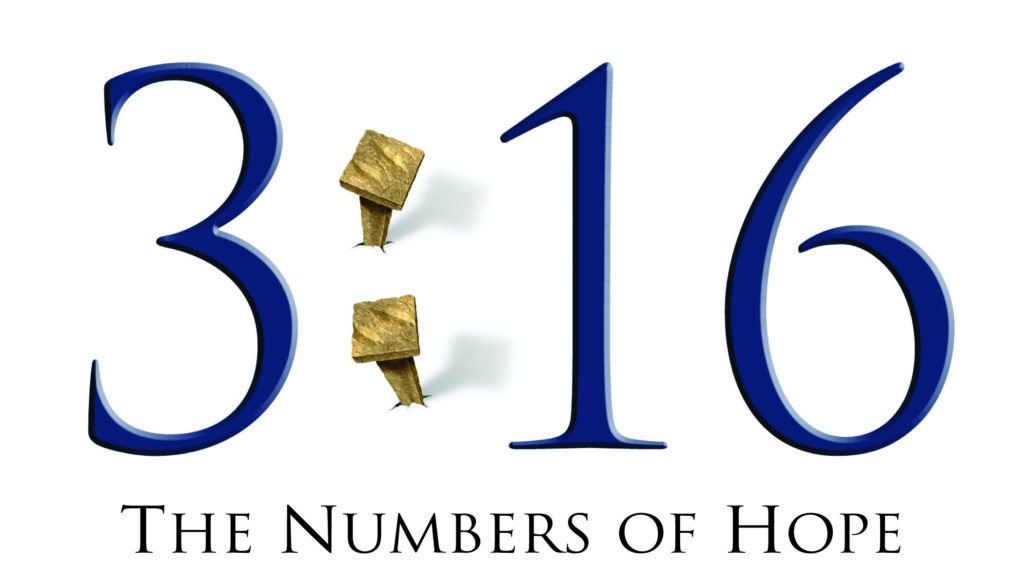You’ll find that Christians who make the case that being committed stewards of God’s earth is part and parcel of what it means to being a Christ follower rarely use verses from the Gospels for support of their conviction.
This is primarily because the Gospels have little directly to say about our responsibilities to and our relationship with God’s earth.
I won’t deny that at times that can feel like a problem.
Neverthless, if you read the Gospels with a wider and more whole vision of what is being communicated and if you seek to understand the Christian faith within the context of the whole Bible and the threads and frameworks you find in it, then I believe there is solid enough ground for our convictions.
Interestingly, the lack of explicit statements on almost any social issues by Jesus can be frustrating for anyone looking for clear guidance on those issues. For centuries, Chrisitan thinkers have had to extrapolate and conjecture, often with great creativity, about war, economic systems, slavery, democracy, abortion, and the other hot-button topics of any particular time.
So how are you and I to think about how the Good News and Jesus relate to how we relate to God’s earth?
In this and future posts to come, I’m going to tackle that question by diving into John 3:16. In the course of those posts I will tease out some threads that do relate to what a whole Christian faith is and do relate, at least indirectly, to what the Christian faith means for our relationship with God’s earth.
It’s an iconic verse that people know by heart and which appears at sporting events and many other venues, even under Tim Tebow’s eyes. There’s the assumption, in fact, that this single verse captures the very essence of the Gospel.
When I actually began studying it a few weeks ago, however, things became more complicated. There is much more depth and nuance to the verse than is usually assumed. In fact, there’s a fair amount of disagreement about the meaning of the verse within some Christian circles. This all makes thinking about how the verse relates to our relationship with the rest of Creation challenging and intriguing.
I will begin the John 3:16 odyssey by calling your attention to the imperative at the center of the verse – “believe in.”
David Pawson’s book, Is John 3:16 the Gospel?, has some insights that are very useful and other assertions which I would heartily disagree with. One of his useful insights is about these two critical words.
Too often the Christian faith is assumed to be about assenting to certain creeds and dctrines in an intellectual way. Pawson asserts this would be the right thing to think if we were called to “believe that.” “Believe that” conveys the acceptance of some sort of fact in an abstract, analytical way.
But what the verse asserts makes the difference between perishing and having life is whether you believe in Jesus. Here’s what Pawson says what that really entails:
“And believing in someone means two things: that you trust them and that you are willing to obey them.”
So I would assert that the essential calling of the Christian faith is to trust in the Jesus we find in the Gospels – his words, his actions, his death, his resurrection, and how that all fits within the context of the rest of the Bible – and to obey Jesus in how we live.
That means putting the whole weight of our convictions and the decisions we make and what we value on the God we experience and understand through Jesus with the guidance of what Christians call the Holy Spirit.
I don’t hear faith explained this way very often.
Nor do I hear enough churches helping their members in very tangible ways to translate trust in Jesus into obedience in the daily habits of their lives.
In The Divine Conspiracy, Dallas Willard articulates the state of affairs like this:
“Whatever the ultimate explanation of it, the most telling thing about the contemporary Christian is that he or she simply has no compelling sense that understanding of and conformity with the clear teachings of Christ is of any vital importance to his or her life, and certainly not that it is in any way essential.”
When the Christian faith is reduced to a static, dogmatic, theological affirmation that is seen primarily as the price of admission to the life we will enjoy AFTER our deaths, then it is easy to understand why Christians have been able to do crazy, cruel, violent things to people and to God’s earth throughout history.
When the Christian faith is understood as the dynamic foundation for the lives we live every moment beginning here and now on this earth, then the way Christians will relate with people and other living things around them can’t help but be very different.
John 3:16, I believe, is calling us to this second understanding.






